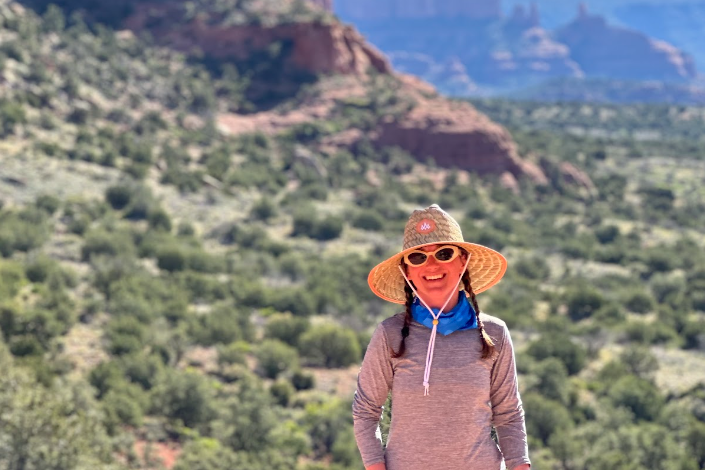Clarity Check-Ins and the Power of The INTENTIONAL Life
“The unexamined life is not worth living”
~Socrates
I’ve been throwing around the word “Clarity” on this blog a lot this past month. Why is “Clarity” such a vital part of successful recovery, you might be wondering? I think about it this way: Clarity is the antonym, or opposite, of Denial. Denial, self-delusion, the inability to face the reality of your situation; this bad thought habit may be what got you into a life of addiction/compulsion to begin with. Clarity, truth, and honesty; these are the characteristics that will help guide you through a successful recovery and set you on a path of lifelong sobriety.
When I talk about Clarity, I’m talking about facing yourself and acknowledging, without shame, who and what you are. Your past, your trauma, your present, your needs, your desires, your strengths, and your weaknesses. Sometimes a moment of Clarity (or even a vision-seeking Clarity Day!) is what begins your journey of recovery, but in order to sustain that recovery, you have to develop a daily habit of Clarity Checks.
You should make this daily check-in part of your routine– maybe you can implement it as a right-before-bed habit or a lunch break moment. Making it piggyback onto something that’s already integrated into your daily routine will help you add it without additional stress. Here are some questions you can use to start building your daily check-in list:
How am I feeling emotionally today? Am I stressed, anxious, happy, or something else entirely? Emotions can be a HUGE influence on your sobriety, and staying aware and in touch with your emotions is extremely important in recovery.
Am I experiencing any cravings or triggers? It's normal to have cravings, even years into recovery. Certain situations, people, places– almost anything can serve as a trigger. Acknowledge what’s happening without judgment, and have a plan in place to deal with it– maybe call your sponsor, get physically active, change your environment, or just go outside and look at the sky and do some breathing exercises.
What can I be grateful for today? Gratitude is a powerful tool that can shift your perspective and keep you grounded. Take a moment to appreciate something good around or inside you, big or small. It can make a big difference.
What can I do today to support my sobriety? This might be attending a support group meeting, meeting with a mentor or therapist, or simply getting enough sleep or exercise. Pick one action that feels manageable (based on how you feel today!) and focus on making it happen.
See? Very basic, low commitment, non-intimidating, right? But I can’t stress enough how this small habit can make a difference for you. If you make the time, the deepening of your relationship with, and knowledge of yourself will pay off. With each new insight into your motivations, your responses, desires, and joys, you will deepen your understanding of exactly who you are, and who you really want to become.
Here are some additional resources:
The National Institute on Drug Abuse: https://www.nih.gov/about-nih/what-we-do/nih-almanac/national-institute-drug-abuse-nida
The Substance Abuse and Mental Health Services Administration (SAMHSA): https://www.samhsa.gov/
The National Alliance on Mental Illness (NAMI): https://www.nami.org/

